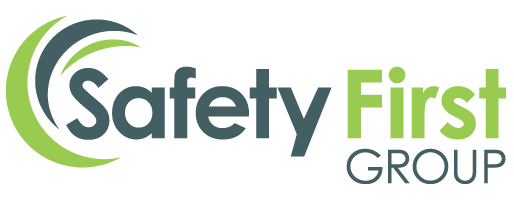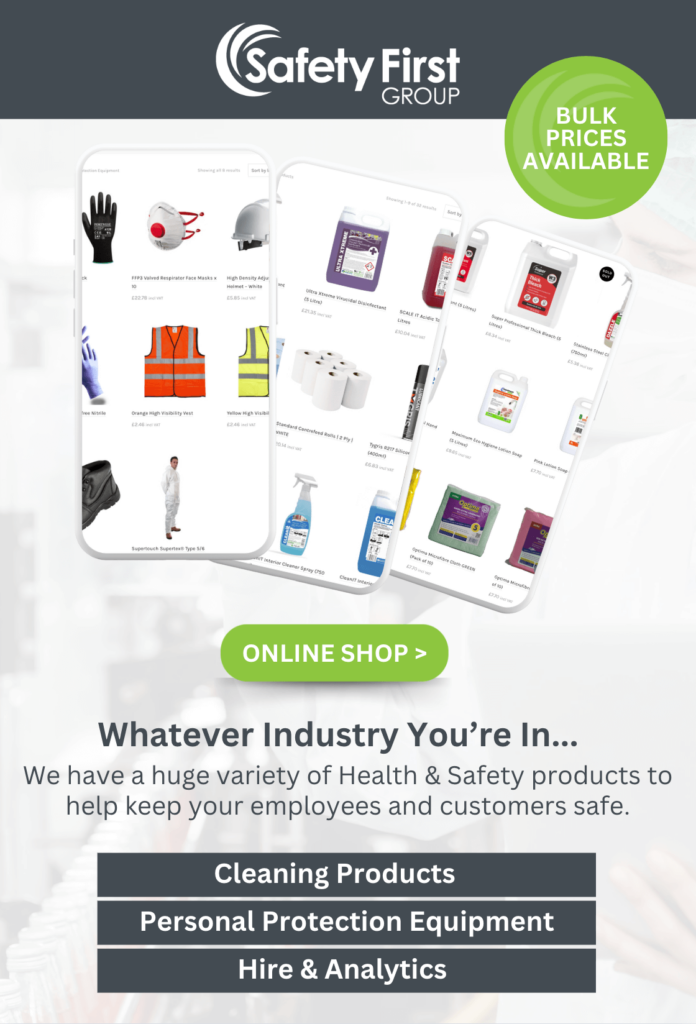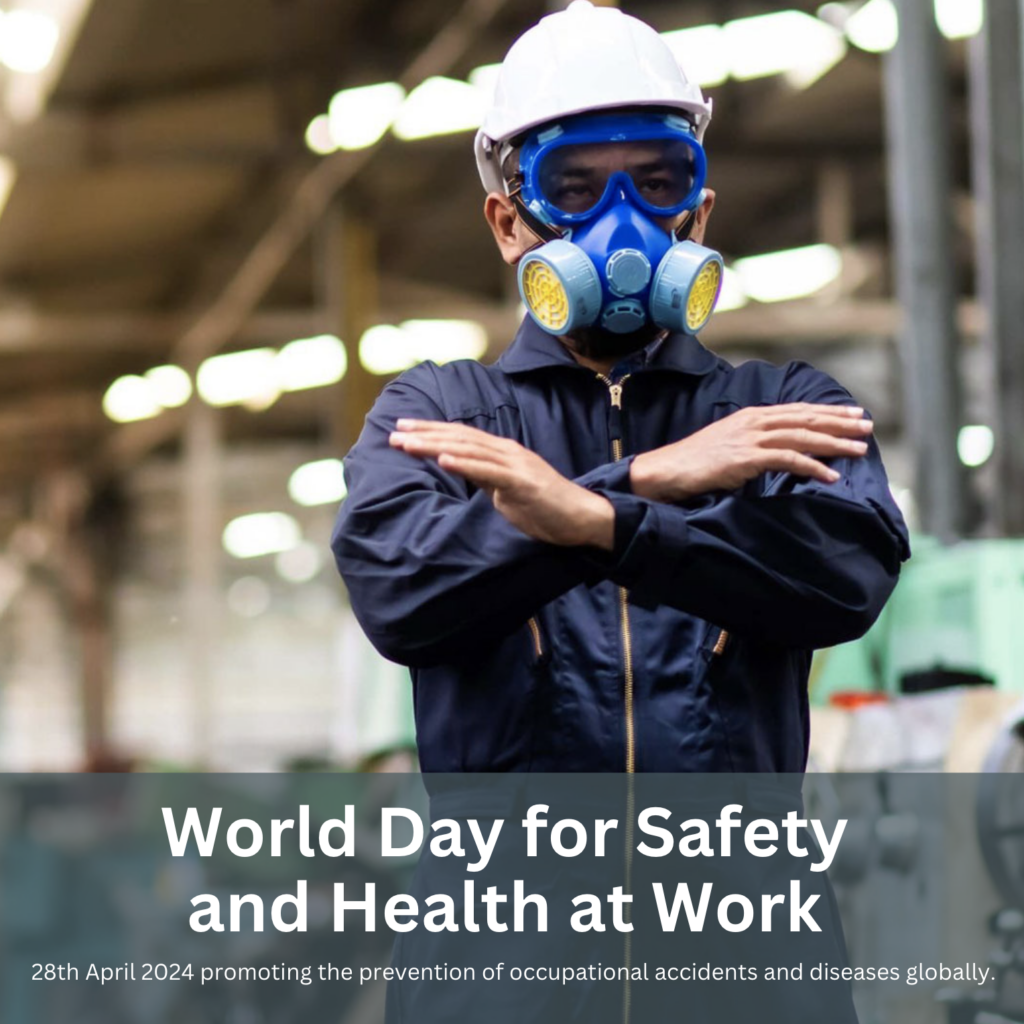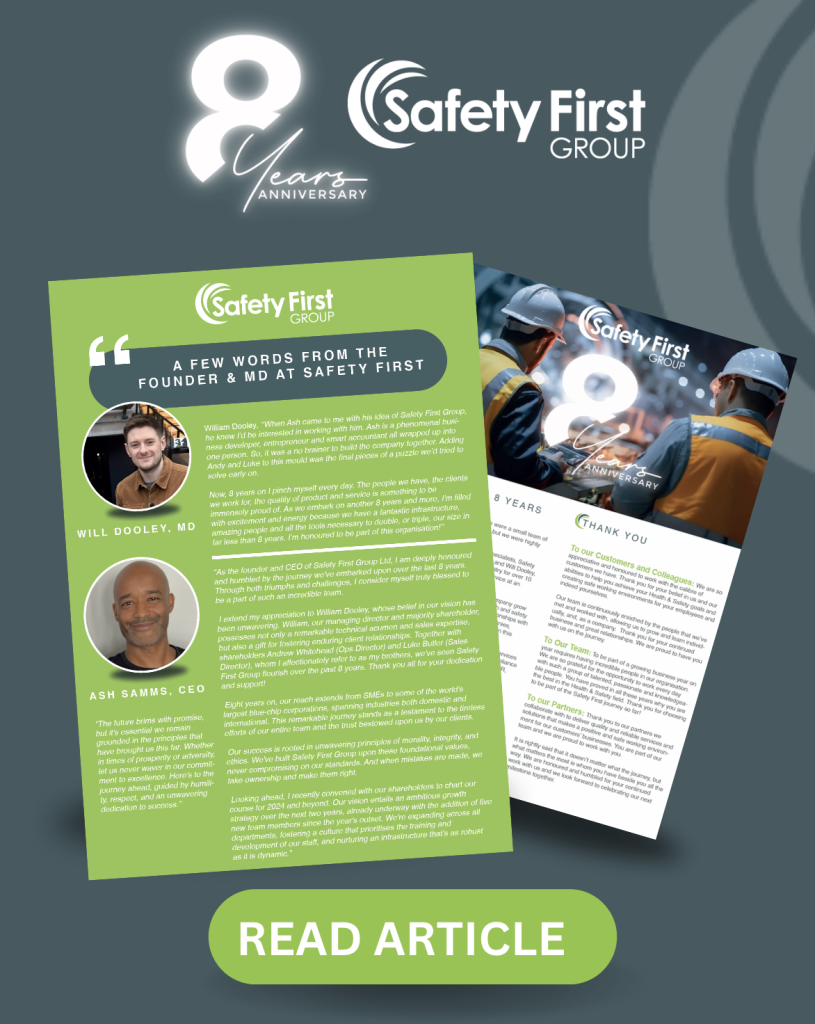Public Health England and NICE have released guidance on mental health training for managers to help them initiate conversations with workers about their mental health. The purpose of the guidelines is to reduce stigma and equip managers with the right tools to be able to facilitate difficult conversations about employee mental health.
The Mental Wellbeing at Work guidance has been recently updated to include the recommendations that all managers be trained on mental health issues in order to create wellness at work. By creating an environment and culture that encourages participation, equality, safety and fairness in the workplace will lead to open and honest communication around mental health issues.
The guide covers topics such as:
- Resources on mental well being
- Early warning signs of poor workplace well
- Awareness of the stigma that still exists around poor mental well
- How to implement ongoing health surveillance and monitoring of workplace mental well being
- How to initiate and sustain a conversation about mental well being with an employee
Mental health training aims to equip managers with the skills needed in order to have open and honest conversations with employees about their mental well being. After training, it is hoped that if an employee feels supported, they would more likely that they will discuss it with their managers.
The new guidance from PHE and NICE comes as a result of the coronavirus pandemic where many employees were isolated from the office, with others working from home and home schooling children. Despite this being the catalyst, PHE and NICE claim that mental health at work has been on the agenda for some time and needed to be addressed even before the pandemic gripped the country.
It is advised that mental health training should take place in all industries, and all sectors irrespective of size.
Recently, a report from Deloitte in January 2020 estimates that poor mental health at work costs employers around £42bn-£45bn a year, so investing in mental health training will go a long way to help both financial and ethical employee nurturing. The report highlights the challenges presented around workplace well being, with around a 6th of employees being affected by stress, anxiety and depression. These conditions are thought to contribute to half of all sick days in the UK, citing that the ‘relationship between mental health and the workplace is a complex one’ (pg 1).
Deloitte have stated that in light of the spiralling costs of sick days, there is a positive case for investing in mental health training. It is thought that for every £1 invested in training, £5 is produced.
Whilst you are waiting for mental health training to be initiated in your organisation, there are some things that you can do to help a colleague you feel is battling a mental illness.
For example, you could try and talk them without a manager being present, often a friendly face or somebody asking ‘are you ok? can help that person to open up about what is troubling them. Of course, if someone discloses something concerning to you, firstly this is where you would need to involve a manager.
The Safety First Way
As providers of mental health training, we understand the importance of fully equipping your staff with the right tools to have those difficult conversations. Our approach is underpinned by solid expertise and know how that will leave your team feeling confident, informed and qualified to have those difficult conversations that they may have previously shy’d away from. Together we can try and remove the stigma associated with mental health.
You can enquire about Safety First’s first aid training for mental health here.














